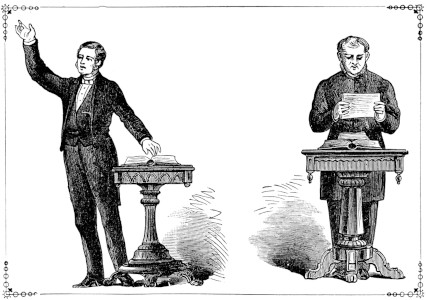Aretha Franklin? Whitney Houston? Apocryphal?
Question for Quote Investigator: The reputation and legacy of an individual can be seriously damaged by a single misstep. The advent of social media networks has supercharged the transmission of detrimental material.
Apparently, U.S. singer Aretha Franklin, the Queen of Soul, once called for more empathy and understanding. She stated that one should not define a person because of one thing; one should not forget the fantastic and admirable things a person has done. Would you please help me to find a citation?
Reply from Quote Investigator: In February 2012 Aretha Franklin was deeply saddened when she learned that fellow singer Whitney Houston had died. She spoke to journalist Al Roker of the U.S. television show “Today”. Boldface added to excerpts by QI:1
Franklin, 69, also told Roker that she hopes people will remember Houston for her talent instead of focusing on her admitted drug use and odd behavior of recent years.
“You cannot define a person on just one thing,” she said. “You can’t just forget all these wonderful and good things that a person has done because one thing didn’t come off the way you thought it should come off.”
Below are additional selected citations in chronological order.
Continue reading “Quote Origin: You Cannot Define a Person On Just One Thing. You Can’t Just Forget All These Wonderful and Good Things That a Person Has Done”






